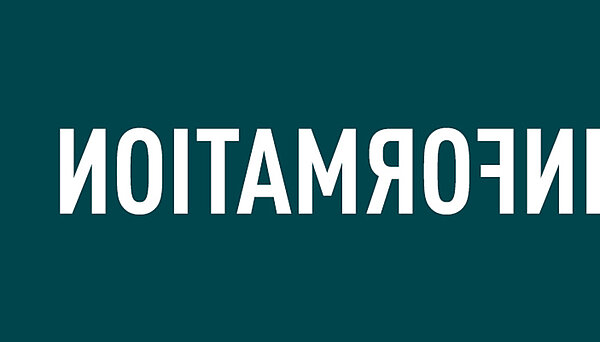More than 80 percent of Internet users have noticed disinformation relating to the coronavirus

Current forsa data corroborates the objective of state media authorities to hold platform operators more responsible throughout Europe
For the second year in a row, the Media Authority of North Rhine-Westphalia has engaged the forsa opinion polling institute to conduct a survey on the perception of disinformation and political advertising. Furthermore, due to current events, the respondents were asked to report on their experience with misinformation relating to the coronavirus crisis. The results are clear: 81 % of the Internet users surveyed state that they personally have recognised disinformation relating to the coronavirus on the Internet. In the youngest age group of between 14 and 24 years old, this figure is even much higher (93 %).
The percentage of respondents who have perceived politically motivated disinformation online remains high at more than 60 %. Thus, the concern that disinformation can impact demographic processes remains acute: 83 % of the respondents agree in full or tend to agree with the statement that political disinformation threatens our democracy. 86 % of the respondents reported that they are concerned that political disinformation campaigns could manipulate election results.
"With the coronavirus crisis, we are experiencing a time which is making us more aware of the power of information than we ever were before. Therefore, effectively counteracting the danger in connection with this is imperative. We European regulators are working on solutions to provide appropriate and resolute responses to this issue without conversely endangering the freedom of expression. The consistently high number of responders who report having encountered disinformation themselves indicates that clear regulation and a European approach are necessary here. It is also obvious that the exclusive self-regulation of platforms like we have in place at the moment is insufficient," commented Dr. Tobias Schmid, Director of the Media Authority of North Rhine-Westphalia, European Affairs Commissioner of the Media Authorities, and Chair of the ERGA*, in response to the most recent figures.
Experiences with online political advertising were also surveyed as part of this year's forsa survey, which indicated that only a very small share of respondents (12 %) think that political advertising should be banned. However, the vast majority wished that online advertising had to be labelled as such. A substantial majority agrees in full or tends to agree with the statement that political advertising of all parties should be shown (83 %), that it should be shown free of charge (77 %), and that it should be limited to the period leading up to elections (74 %).
This week, the ERGA (European Regulators Group for Audiovisual Media) presented a report analysing the current measures being taken by major platforms to combat disinformation. This report also comes to the conclusion that platforms have to ensure a higher degree of transparency. The countermeasures taken against disinformation and the data provided by the platforms are not satisfactory for regulation and research purposes, as well as for their users. Furthermore, at present, there are not unambiguous definitions in place for the various phenomena of the manifestations of disinformation and its clear distinction to political advertising. German and European media regulators will pay greater attention to this issue in the months ahead.
*European Regulators Group for Audiovisual Media
Die Seiten-Url wurde in der Zwischenablage gespeichert.